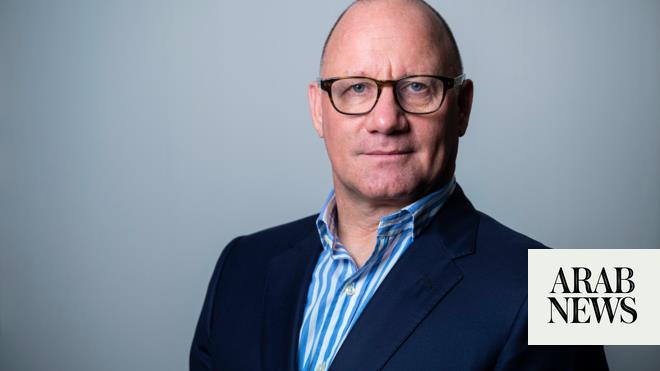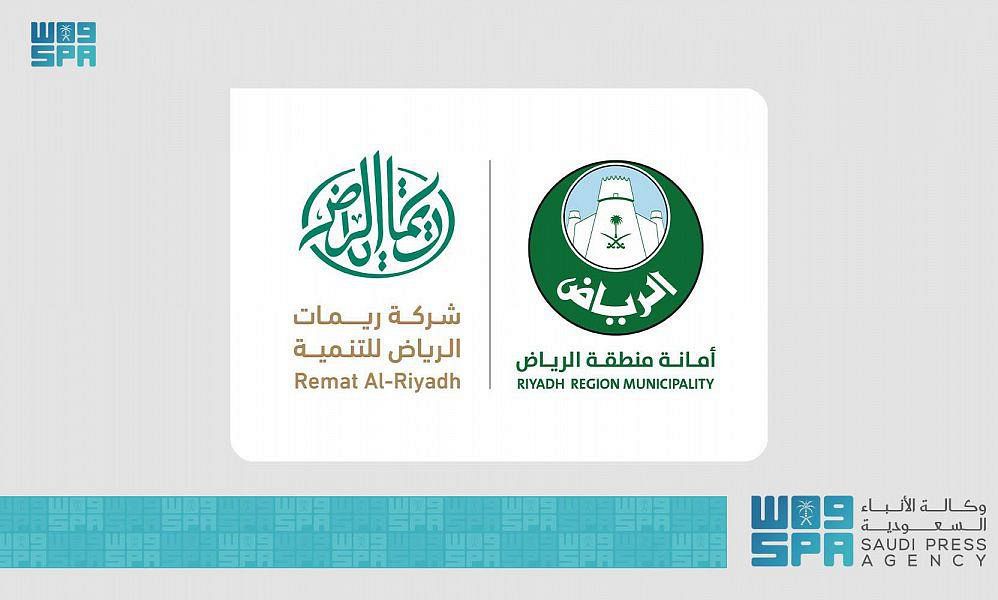
Launch is part of a $1.5 billion investment to enhance Saudi Arabia’s digital infrastructure
Initiative is anticipated to significantly contribute to the Kingdom’s AI economy, which is projected to reach $135.2 billion by 2030
RIYADH: Technology firm Oracle Corp. has officially made its second public cloud region in Riyadh available to clients, offering services for application modernization, data analytics, and artificial intelligence innovation.
The launch is part of a $1.5 billion investment to enhance Saudi Arabia’s digital infrastructure.
The Riyadh cloud region will provide the Kingdom’s public and private sector organizations access to Oracle Cloud Infrastructure, allowing them to upgrade applications.
This expansion is part of the firm’s distributed cloud strategy and follows the earlier establishment of a region in Jeddah, as well as previously announced plans for another in NEOM.
Speaking at a launch event in Riyadh, Richard Smith, Oracle’s executive vice president and general manager of EMEA Cloud Infrastructure, revealed the company is carrying out advanced plans for its third data center in Dammam.
In an interview with Arab News, Oracle’s Senior Vice President of Technology Cloud in the Middle East and Africa, Nick Redshaw, highlighted that the increasing usage and demand for virtual services have continued to grow.
As a result, the existing infrastructure in Jeddah wasn’t sufficient, leading to the need for a second public cloud.
“We’d always anticipated the three regions. There was a shift. It was originally NEOM was the second region, Riyadh came on live online sooner. The third region is still planned to be NEOM at the moment, probably toward the end of this year, early next year,” Redshaw said.
Redshaw highlighted that in addition to these regions, the company had introduced a sovereign capability in collaboration with stc, which is important for government clients who face stricter regulatory requirements.
“That’s supporting Vision 2030 and the growth that we’re anticipating, but we still see material momentum in this market,” he said.
The initiative is anticipated to significantly contribute to the Kingdom’s AI economy, which is projected to reach $135.2 billion by 2030.
Riyadh is the second of Oracle’s cloud regions in Saudi Arabia. AN Photo
As the country accelerates its digital transformation efforts, Oracle has identified key industries that are increasingly adopting cloud technologies, underscoring the nation’s potential for exponential growth in this area.
“I think it’s every industry where we see growth. In the oil and gas is a very major contributor to the Saudi economy, but banking, insurance, retail, manufacturing, clearly, tourism and sport is a very material growth area for the Kingdom,” Redshaw said.
He continued: “Every single one of them is taking advantage of digital transformation, and many born on the cloud environments as well, and I think the piece that spans all of them, that everybody is trying to take advantage of now is, how do you use AI to really deliver business value or citizen value,”
Oracle’s cloud solutions are helping industries across Saudi Arabia, including the public sector, harness the full potential of AI and cloud technology, paving the way for the Kingdom’s digital future.
“The market demand here is very strong. When I look across the Middle East, Africa region, Saudi is the biggest and fastest growing market that we see, and that momentum has continued to expand, and we anticipate that continuing as well,” Redshaw said.
Oracle’s cloud infrastructure is paving the way for significant opportunities for startups and small and medium-sized enterprises in Saudi Arabia, with the potential to drive both business growth and employment opportunities.
Redshaw highlighted the flexibility and scalability of their cloud solutions, which are key to supporting the growth of emerging businesses in the Kingdom.
“We have a fintech startup model as well that we’re running, and it’s an opportunity for people to try things, test them, see what works, and then as they mature and they want to grow, they’ve got the flexibility and the capability for elasticity to start and then grow big,” he said.
Beyond the technical capabilities of cloud infrastructure, the company is also focused on developing the local talent ecosystem, which is crucial for supporting rapid growth, particularly in startups.
In December 2023, Oracle launched the Mostaqbali program to train 50,000 Saudi nationals in artificial intelligence with Future Work, which is supervised by the Kingdom’s Ministry of Human Resources and Social Development.
“Mostaqbali where it’s not just the technical capability, it’s how do you build the ecosystem of skills, investing in training people so they understand how to take advantage of the technology, particularly true in startups where you need to scale and scale up very rapidly, which is another part of the investment we continue to make in the game,” Redshaw said.











